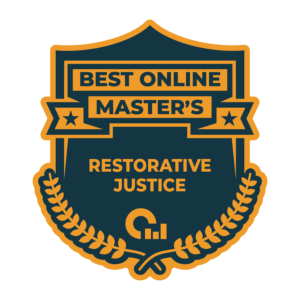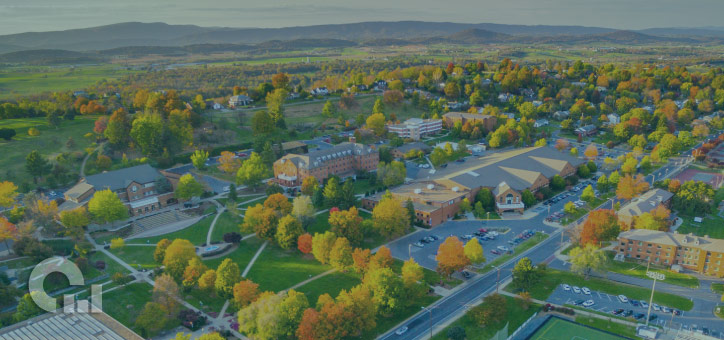You might want to consider pursuing a master’s degree in restorative justice once you recognize the increasing demand for healing reform within the restorative justice fields.

With direct impacts on the fields of criminal justice, victim’s rights advocacy, governmental, social, and policy change, as well as community development, the need for restorative justice training is on the rise. The field also has indirect impacts on education systems, family mediation, and corporate leadership roles, which adds even more opportunity for restorative justice graduates to make positive social changes. Investigate the information below for details on how you can make an online master’s in restorative justice an impactful addition to your current academic study or profession.
What Is an Online Master’s in Restorative Justice?
While restorative justice studies clearly focus on relationship repair, community restoration, and reducing both criminal activity and antisocial behavior, master’s degree work typically focuses more directly on the criminal justice system and associated agencies. An online master’s degree in restorative justice can maximize your leadership and mediating skills to expand your career opportunities from a local market to a national or global level. Professionals with master’s degree credentials in restorative justice are social works, law enforcement leadership, lawyers, attorney generals, and even research coordinators.
How Much Can You Earn with an Online Master’s in Restorative Justice?
Master’s degree holders in restorative justice may be attorneys, judges, research study coordinators, mediators, victims’ advocates, and much more. In 2019, the U.S. Bureau of Labor and Statistics reported earnings for attorneys at about $122,960 annually, while arbitrators, mediators, and conciliators made about $63,930 annually. Judges earned approximately $120,090 and both correctional and probation workers earned about $54,290 annually.
What Is Required for an Online Master’s in Restorative Justice?
To earn an online master’s degree in restorative justice, you’ll need a bachelor’s degree from an accredited university and, of course, many programs prefer that the bachelor’s be in a law-related or criminal justice field. However, the increasing demand for restorative justice practitioners has made the degree field welcoming to educators, social workers, and advocates. It is typical for programs to require a resume submission with the application and often a personal statement. Letters of recommendation and a cumulative bachelor’s GPA of 2.5 or greater are helpful in securing acceptance.
What Are the Best Online Master’s in Restorative Justice?
OSR uses six data points: three school-wide and three program-specific. For school-wide, OSR uses Student Satisfaction, Admission Rates, and the number of programs the school offers online. For program-specific, OSR checks the Median Debt of graduates from that program, how many degrees are offered within that program’s umbrella department, and what percentage of students at that school graduated from that department.
The six statistics are displayed by each school. The sliding bar under each statistic represents how that school compares to other US institutions. “Not reported” means a school did not release that information to the US Department of Education. A more detailed description of the OSR process can be found on the methodology page.










